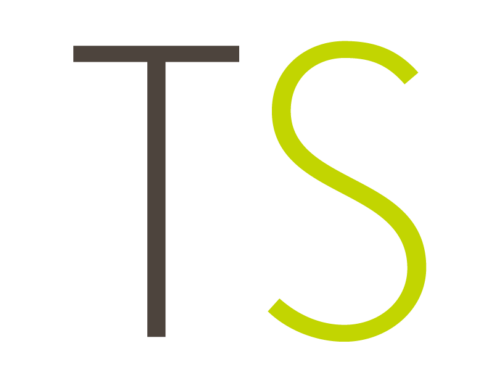This was Philip Hammond’s first Autumn Statement, and the first post-referendum. It was therefore significant for two reasons, but turned out to be relatively quiet. The most attention grabbing announcement was that this was to be the Chancellor’s last Autumn Statement, with the regime changing to a Budget in the Autumn and a Statement in the Spring.
Corporation Tax
Corporation tax will be cut to 17% by 2020. This will make it the lowest in the G20 and builds on the message that the country is open for business.
Following consultation, the government will introduce rules that limit the tax deductions that large groups of companies can claim for their UK interest expenses from April 2017. These rules will limit deductions where a group has net interest expenses of more than £2 million, net interest expenses exceed 30% of UK taxable earnings and the group’s net interest to earnings ratio in the UK exceeds that of the worldwide group.
Non-resident companies
One of the more significant announcements was that the government is going to consult on bringing all non-resident companies receiving taxable income from UK property into the corporation tax regime. This will impact on property investment companies that currently pay tax on their UK rental profits under the Income Tax Regime. We do not know the details of the proposed changes, but will keep you updated as the consultation progresses during 2017. There is obviously a concern that the government could apply this to gains as well.
SDLT
It was disappointing that there were no changes made to the SDLT regime, despite calls in the Press for the SDLT burden on property transactions to be reduced, especially for those who own more than one residential property. In fact, SDLT was not even mentioned in the Chancellor’s Statement.
Other than that, there were some other changes to note and which we summarise below:-
• as previously announced, the government will end the permanency of non-domicile tax status. From April 2017, non-domiciled individuals will be deemed UK domiciled for tax if they have been a UK resident for 15 of the past 20 years, or, if they were born in the UK with a UK domiciled origin. As previously announced, non-domiciled individuals who have a non-UK resident trust set up before they become deemed domiciled in the UK will not be taxed on income and gains arising outside the UK and retained in the trust.
• as previously announced, (and highlighted in our recent Briefing), from 2017 IHT will be charged on UK residential property when it is held indirectly by a non-domiciled individual through an offshore structure such as a company or trust.
• the government will change the rules for the Business Investment Relief Scheme from April 2017 to make it easier for non-domiciled individuals who are taxed on the remittance basis to bring offshore money into the UK for the purpose of investment in UK businesses.
• following consultation, the government will legislate for reforms announced in Budget 2016 that will restrict the amount of profit that can be offset by carried forward losses to 50% from April 2017, while allowing greater flexibility over the types of profit that can be relieved by losses incurred after that date.
• there will be reforms to the Substantial Shareholding Exemption to simplify the rules, remove the investment requirement within the SSE and provide a more comprehensive exemption for companies owned by qualifying institutional investors. The changes are to take effect from April 2017.
• the government will introduce a new penalty for any person who has enabled another person or business to use a tax avoidance arrangement that is later defeated by HMRC.
• the government will consult on a new legal requirement for intermediaries arranging complex structures for clients holding money offshore to notify HMRC of the structures and the related client lists.
• the tax advantages linked to shares awarded under ESS will be abolished for arrangements entered into on or after 1 December 2016.
• Budget 2016 announced changes to tackle the use of disguised remuneration schemes by employers and employees. The government is now extending the scope of these changes to tackle the use of disguised remuneration schemes by the self-employed.
• as announced in Budget 2016, from April 2018, termination payments over £30,000, which are subject to income tax, will also be subject to employer’s NIC. The first £30,000 will remain free of income tax and NICs.
• following consultation, the tax and employer advantages of salary sacrifice schemes will be removed from April 2017, except for arrangements relating to pensions (including advice), childcare, Cycle to Work schemes and ultralow emission cars.
• the government will consult on the VAT grouping rules.
• in January 2017, the government will publish its response to the making Tax Digital Consultations.
• the standard rate of Insurance Premium Tax will increase to 12% from 1 June 2017, increasing costs for many businesses.
We will keep you updated on all the consultations’ progress during 2017. In the meantime, if you have any queries relating to the above changes and proposals, please do not hesitate to get in touch with Sarah Cardew.







